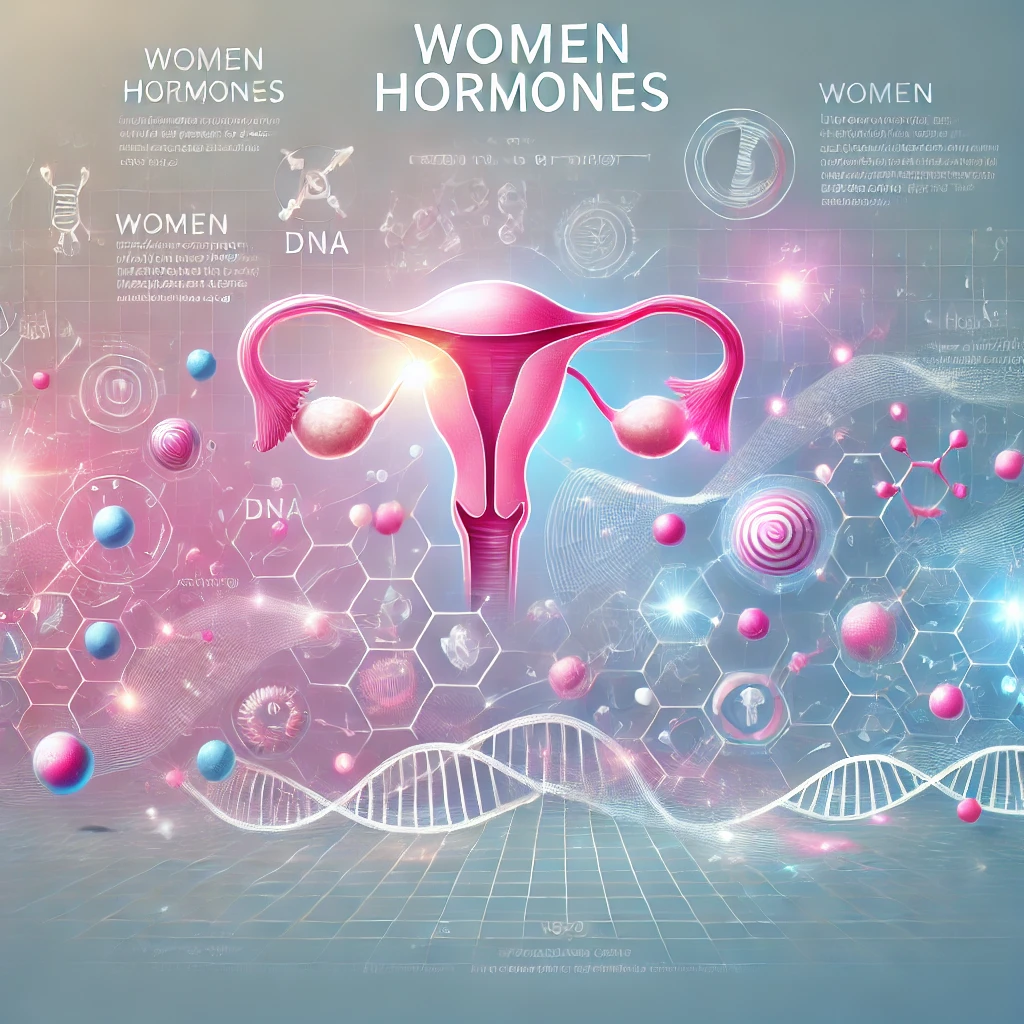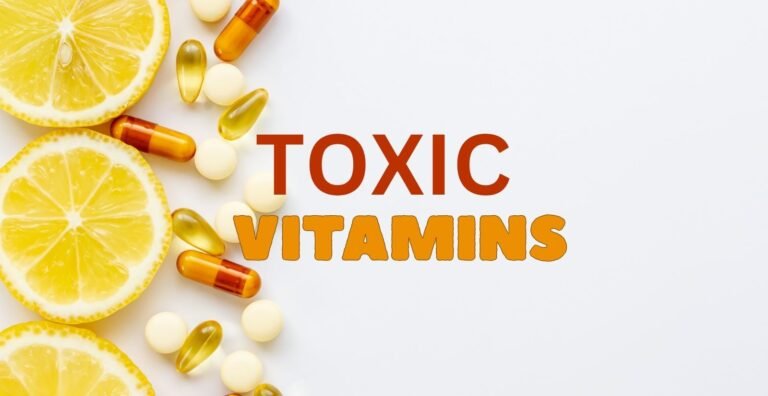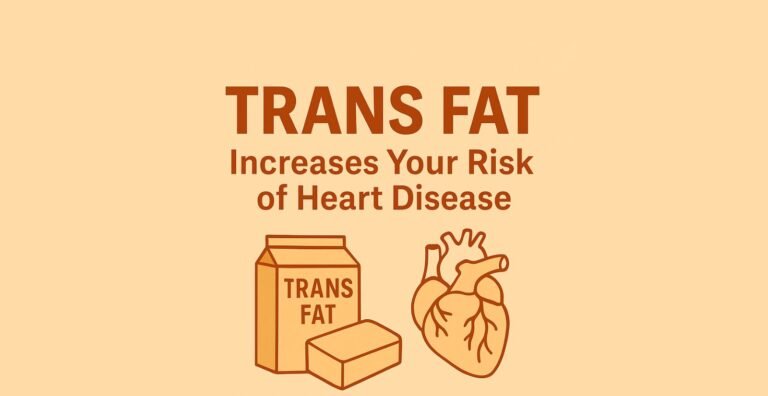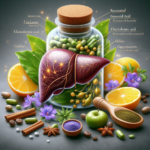Top Health & Wellness Product Reviews with Exclusive Sale Prices!
Women’s Hormone Health: 15 Foods That Make a Difference!

Hormones play a critical role in women’s overall health, affecting everything from energy levels to mood, reproductive health, and metabolism. Balancing hormones through proper nutrition can make a significant difference in well-being. In this blog post, we’ll explore 15 foods that are not only delicious but also instrumental in supporting women’s hormone health. Let’s delve into how these nutrient-rich choices can keep your hormones in harmony.
The Importance of Hormonal Balance
Hormonal balance is vital for maintaining physical and emotional health. Hormones like estrogen, progesterone, and cortisol regulate critical functions in the body, including menstrual cycles, sleep, and stress management. Imbalances can lead to conditions such as polycystic ovary syndrome (PCOS), thyroid issues, or menopause-related symptoms. Incorporating specific foods into your diet can promote better hormonal health naturally.
15 Foods That Support Women’s Hormone Health
1. Avocados
Rich in healthy fats and potassium, avocados help support adrenal gland function and maintain balanced cortisol levels. They also contain beta-sitosterol, which can regulate cholesterol levels and support the production of sex hormones.
2. Flaxseeds
Flaxseeds are packed with lignans, a type of phytoestrogen that can mimic estrogen in the body. They are particularly beneficial for women during menopause, helping to alleviate symptoms like hot flashes.
3. Salmon
Salmon is an excellent source of omega-3 fatty acids, which are crucial for reducing inflammation and supporting brain function. These fats also play a role in regulating hormone production and reducing cortisol levels.
4. Leafy Greens
Spinach, kale, and other leafy greens are rich in magnesium, a mineral essential for hormone production and stress regulation. They also contain iron, crucial for women experiencing heavy menstrual cycles.
5. Chickpeas
High in phytoestrogens, chickpeas can aid in balancing estrogen levels. They’re also a fantastic source of fiber and protein, which contribute to stable blood sugar levels—a key factor in hormone regulation.
6. Sweet Potatoes
Sweet potatoes are loaded with vitamin B6 and complex carbohydrates, both of which help regulate mood and serotonin levels. Their fiber content supports healthy digestion, which is vital for hormone detoxification.
7. Eggs
Eggs provide high-quality protein and essential nutrients like vitamin D and choline, which support thyroid health and the production of sex hormones.
8. Yogurt
Rich in probiotics, yogurt helps maintain a healthy gut microbiome. Since gut health is closely linked to hormone regulation, incorporating probiotic-rich foods can improve hormonal balance.
9. Nuts and Seeds
Almonds, walnuts, and sunflower seeds are rich in essential fatty acids, vitamin E, and magnesium. These nutrients support the production of progesterone and help balance estrogen levels.
10. Broccoli
Broccoli and other cruciferous vegetables contain indole-3-carbinol, a compound that promotes the detoxification of excess estrogen from the body. Regular consumption can help reduce estrogen dominance.
11. Berries
Berries like blueberries, strawberries, and raspberries are loaded with antioxidants and vitamin C, which reduce oxidative stress and support adrenal health.
12. Turmeric
Curcumin, the active ingredient in turmeric, is a powerful anti-inflammatory agent that can support the liver in metabolizing hormones efficiently. Regular consumption may also help alleviate PMS symptoms.
13. Quinoa
Quinoa is a complete protein and complex carbohydrate that helps stabilize blood sugar levels. Stable blood sugar is essential for maintaining a balanced hormonal profile.
14. Dark Chocolate
Rich in magnesium and antioxidants, dark chocolate supports stress reduction and promotes better sleep—both critical for hormonal balance.
15. Green Tea
Green tea contains polyphenols that support liver detoxification and hormone metabolism. Its antioxidant properties also help reduce inflammation and stress.
Practical Tips for Incorporating These Foods
- Meal Planning: Create balanced meals that include a mix of protein, healthy fats, and fiber.
- Smoothies: Add flaxseeds, berries, and spinach to your morning smoothie for a hormone-friendly start.
- Snacking: Keep nuts and dark chocolate on hand for nutritious and satisfying snacks.
- Diverse Cooking Methods: Use various cooking methods like steaming, roasting, and grilling to keep meals exciting and nutritious.
Lifestyle Tips for Hormonal Health
While diet plays a crucial role, combining it with other healthy habits can amplify results:
- Regular Exercise: Engage in activities like yoga or strength training to reduce stress and support hormonal balance.
- Adequate Sleep: Aim for 7-9 hours of quality sleep to allow for proper hormonal regulation.
- Stress Management: Practice mindfulness or meditation to keep cortisol levels in check.
Conclusion
Taking control of your hormone health doesn’t have to be complicated. By incorporating these 15 foods into your diet and adopting a holistic lifestyle approach, you can significantly improve your well-being. Remember, small, consistent changes can lead to profound results over time.







